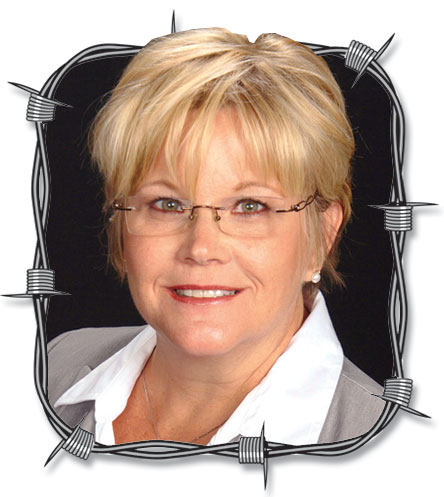In hunting season it is commonplace to see folks out riding ATVs, trekking through the woods and making their second home high up in a tree stand. Some have leased out their property for the seasons and some let neighbors use it for free. What difference does this make in your rights and obligations as a landowner? What do you have to do differently if you accept payment? We’ll take a quick look at what the law says about landowners and their responsibilities.
The law classifies entrants on private property in three categories – trespassers, licensees and invitees – and designates a level of responsibility, or duty of care, for each type of entrant.
Everyone has had to deal with the most unwanted type of visitor – trespassers. The ability to exclude others from your private property is one of the essential rights you have as a landowner, but trespassers can get creative in finding ways around a barricade or they simply might not know they are trespassing. Either way, your responsibilities as a landowner are limited to not creating hazards on your land or resorting to self-help. It can be frustrating at times, but your best bet is to notify the proper authorities and let the law work for you.
The second category of entrants on your property is a licensee – that is someone who has permission to be on your land, but you do not benefit commercially from their presence. Your duty of care for a licensee is slightly higher than that for a trespasser. You should warn licensees of any known dangerous conditions or structures on the property, but you are not obligated to inspect and repair your property for their benefit.
The law provides special protections for landowners that allow the public to use their land free of charge. These are known as recreational use statutes and were enacted to encourage private landowners to open their land to the public for recreational use. These laws reduce the level of liability a landowner has as long as there is no charge or fee to use the land.
The final category of entrants on private property is the invitee. Invitees have permission to be on the property and the landowner commercially benefits from allowing the use of the property. Hunting leases and admission fees are examples of commercial benefits, even if the payment is a like-kind exchange rather than a monetary payment. Additionally, patrons in a store are considered invitees. Landowners do not receive the benefits of the recreational use statutes when an invitee is on their property since the landowner is receiving a commercial benefit.
Invitees are owed the highest duty of care. The landowner must also inspect the property for dangerous conditions and repair the conditions if possible. Additionally, invitees should be warned of any dangerous conditions that exist and have not been repaired.
Whether you lease out your property to a hunting club, set up a trails for ATVs or have a fall festival with hay rides in your pasture, it is important to keep your duty of care in mind and think about what kind of entrant you have on your property.
Shannon Mirus is a staff attorney at the National Agricultural Law Center.





